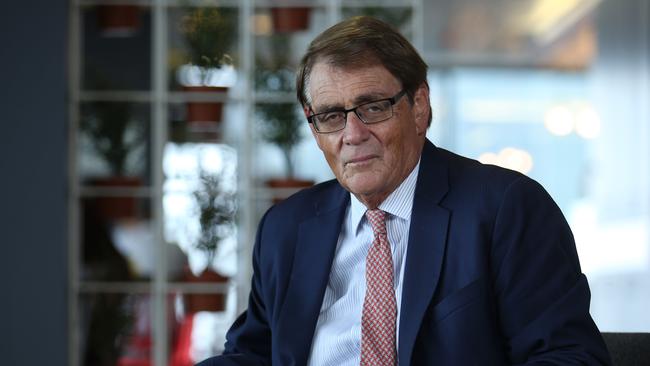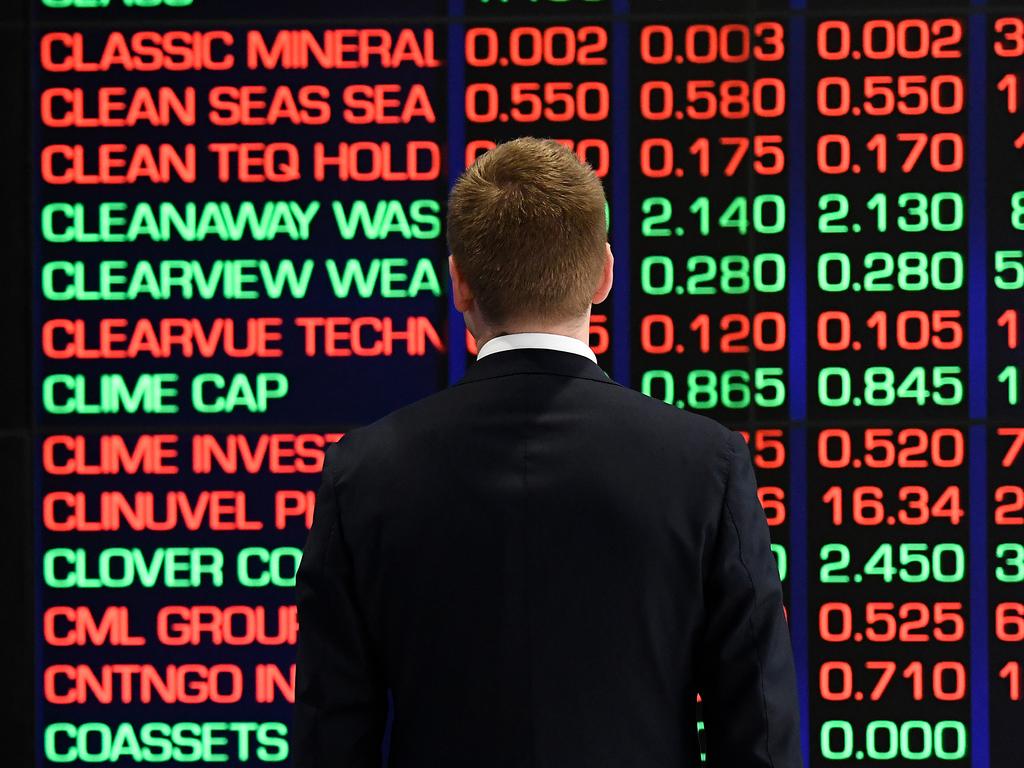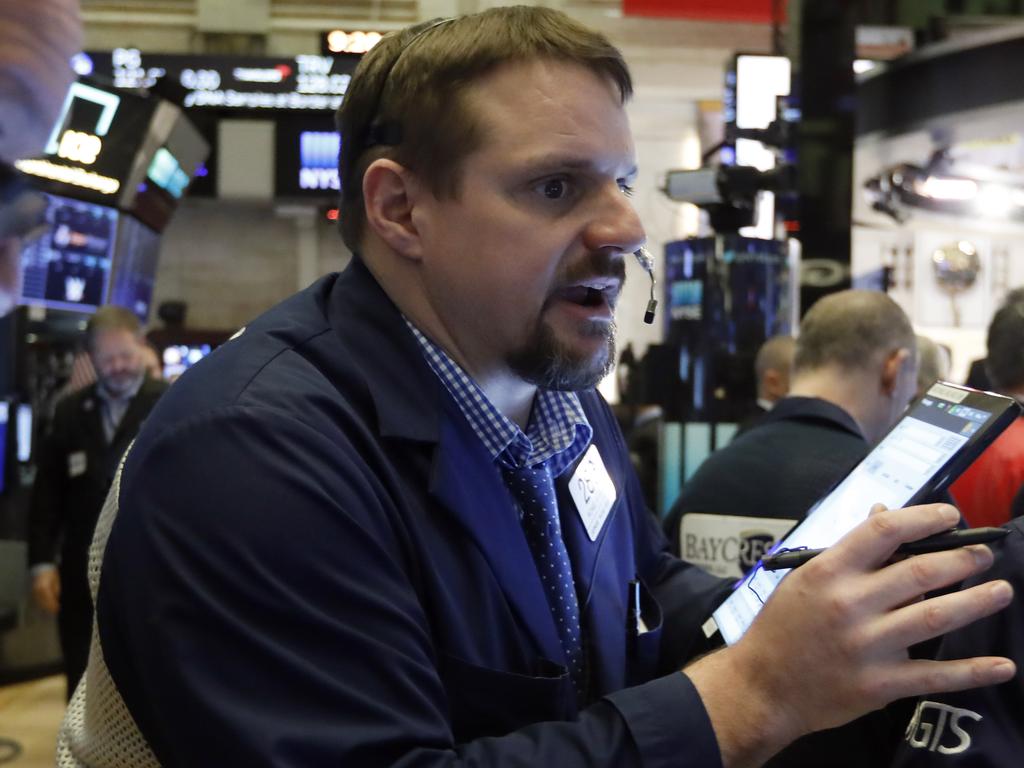Westpac’s Bill Evans calls 2020 recession
Respected Westpac economist Bill Evans says Australia will be in a recession by the second half of the year.

Respected Westpac economist Bill Evans says Australia will be in a recession by the second half of the year.
In a note to clients, Mr Evans, who is the bank’s chief economist, said the economy would contract during the first half of the year.
“On a quarterly basis we expect the economy will contract in both the first and second quarters by 0.3 per cent and 0.3 per cent respectively to be followed by a rebound of 1.4 per cent and 0.8 per cent respectively in the third and fourth quarters,” he said. Annual growth was expected to be 1.6 per cent.
But Mr Evans cautioned that even though the two quarters of economic contraction represented a technical recession, Australia’s relatively low unemployment meant it would be different to previous recessions.
His call came as an internal battle in oil cartel OPEC and fears around the spread of the coronavirus sent oil prices plunging by 30 per cent, a development that fuelled a huge 7.33 per cent fall on the ASX - its biggest one-day drop since the GFC in 2008.
“That growth profile constitutes a technical recession but given the expected recovery in the second half of the year it is much more realistic to characterise the situation as a ‘major disruption’ to growth rather than the style of recession that Australia has experienced in the past,” he said
“Indeed, recall that in Australia’s last two recessions the unemployment rate lifted from 6 per cent to around 11 per cent. We expect the unemployment rate to hold below 6 per cent through this period.”
The uncertainties of the coronavirus made predictions more difficult, Mr Evans said. In addition, the forecasts had been made on the assumption of no fiscal stimulus from the government, and would need to be revised once the government revealed details of the stimulus package foreshadowed last week, he said.
Hitting an already “relatively fragile” Australian economy, the effect of the coronavirus on the local and global economies would play out across the first half of the year, Mr Evans said.
But by September the picture would change, he said. “Our figuring is on the basis that by the September quarter the direct impact of the virus and the policies required to contain it will have eased significantly. We expect that development on a global basis providing a significant boost to financial markets.”
The third quarter would show a 1.4 per cent increase in GDP, which would be followed by a “solid” 0.8 per cent increase in the final quarter of the calendar year.
“Based on this growth profile we expect that the unemployment rate will increase to a peak of 5.8 per cent in the second half of 2020; that will be marked by a period of no new jobs growth, followed by outright job losses, to be followed by a sequence of months with jobs growth beginning to recover in the fourth quarter,” Mr Evans said. “Partly easing the pressure on the unemployment rate will be a fall in the participation rate as workers become discouraged by the deteriorating jobs market.”






To join the conversation, please log in. Don't have an account? Register
Join the conversation, you are commenting as Logout